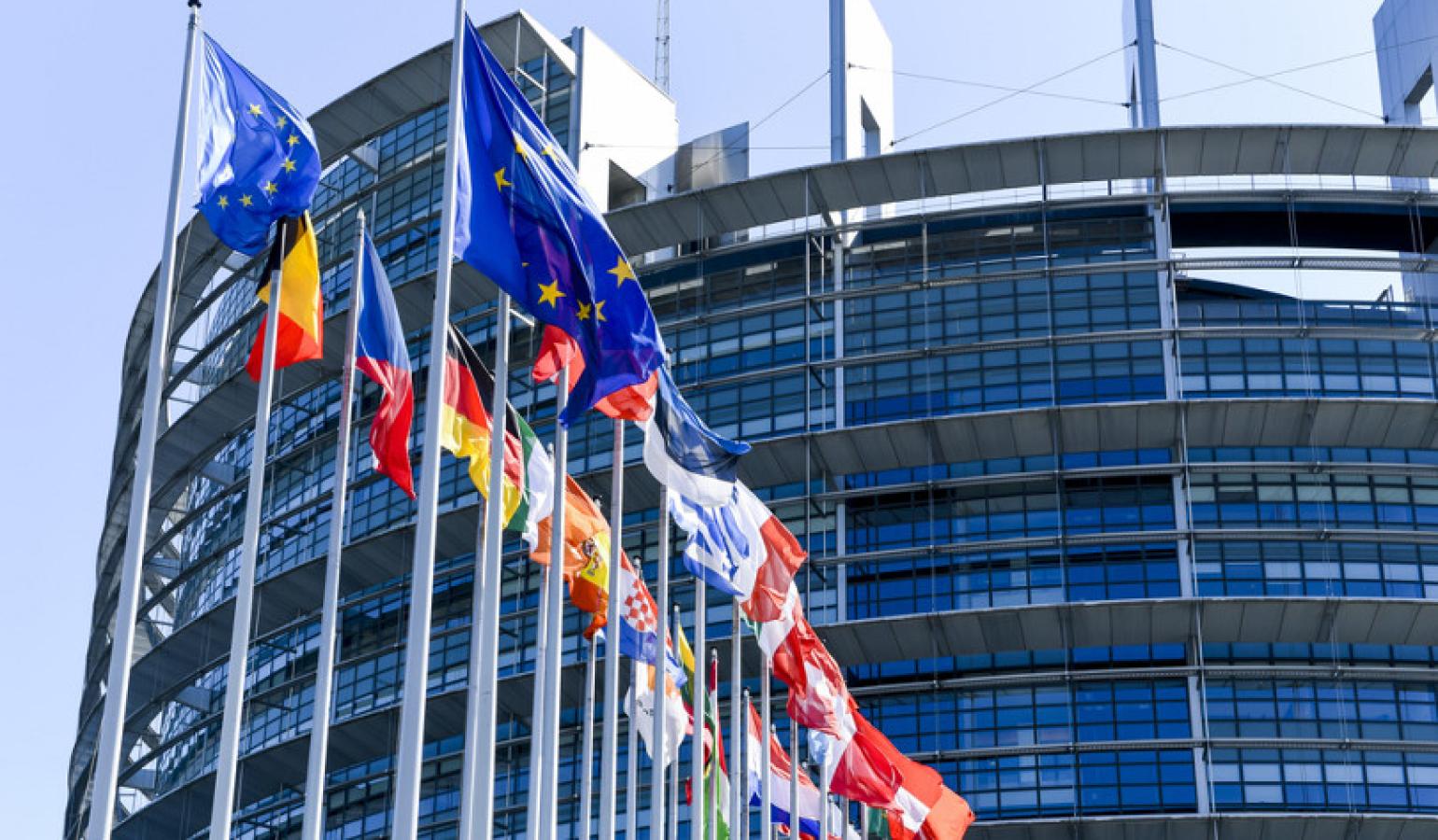
The only addressee of the Council of Europe's resolution on the release of Armenian hostages is not Azerbaijan alone.
The European Parliament, in a resolution adopted under the urgent procedure regarding Armenian prisoners unlawfully held in Baku, condemns Azerbaijan’s inhumane treatment of Armenian hostages and demands their immediate and unconditional release. On this and other related topics, Siranush Sahakyan, head of the Center for International and Comparative Law and human rights defender, responded to “MediaLab’s” questions.
Commenting on the Council of Europe resolution, Sahakyan explains that it is essential to understand the nature of the document. Resolutions contribute to the development of soft law in international law, meaning they are not legally binding but carry political and moral weight. In other words, such resolutions establish a political stance on a specific issue and secure the political support of the states that participated in the vote.
"This is a highly significant body, and these resolutions ultimately lead to political influence, their expansion, and the development of acceptable forms of impact. Naturally, this will affect Azerbaijan’s relations with international institutions. What was particularly important is that this resolution had other addresses as well. If Azerbaijan refuses to cooperate and does not release the prisoners, the resolution still includes an appeal to the EU and other diplomatic representatives to ensure diplomatic efforts and, through them, address the situation of Armenian hostages," said Sahakyan.
According to the human rights defender, the resolution also included a call addressed to the Prosecutor of the International Criminal Court to investigate cases of forced displacement and other crimes that have taken place. "There was also an appeal to the Council of the EU to consider targeted sanctions. I want to emphasize that this was not a call for sanctions against the state but rather against high-ranking officials involved in human rights violations. This, in turn, creates direct threats for specific officials and could lead to changes in their behavior. It is crucial that all addresses remain consistent and ensure the timely implementation of the provisions of this resolution. A key positive aspect is that Azerbaijan is not the sole addressee of this resolution," she noted.
During the interview, the “Peace Treaty” was also discussed. According to statements from both sides, the text of the treaty is now finalized. One of the two previously unresolved points concerns the mutual withdrawal of claims from international courts. The journalist asked to what extent this condition might hinder the future implementation of similar resolutions and appeals.
According to Sahakyan, Armenia’s constructive stance on dialogue serves as a restraining factor, preventing international partners from resorting to harsher measures such as country-specific sanctions or the freezing and reassessment of their various relations with Azerbaijan.
"Withdrawing from inter-state complaints presents additional challenges. Armenia might consider such a step if some of the issues raised in these complaints were resolved. However, we see no such changes in the situation, and even partial demands remain unmet. In this case, the peace treaty cannot guarantee the mutual fulfillment of obligations. We already have the example of the November 9, 2020, document in this regard. Following this path would create new security and other threats for Armenia," said Sahakyan.
The interview concluded with a question about Ruben Vardanyan’s decision to end his hunger strike: Did the strike serve its purpose, and how do you assess his decision to end it?
Sahakyan described the decision as very prudent: "A hunger strike, as a form of protest, is certainly a legitimate tool, and yes, it served its purpose. During this period, we saw intensified pressure, new developments, and new statements. In other words, discussions on this issue became much more heated compared to before Vardanyan’s hunger strike. Based on these outcomes, we can measure and confirm that it did, to some extent, fulfill its goal."
She concluded by emphasizing the need to keep the issue in the spotlight. "We must continue to monitor the situation, bring these issues to light, and keep international actors informed, expecting their active intervention."
